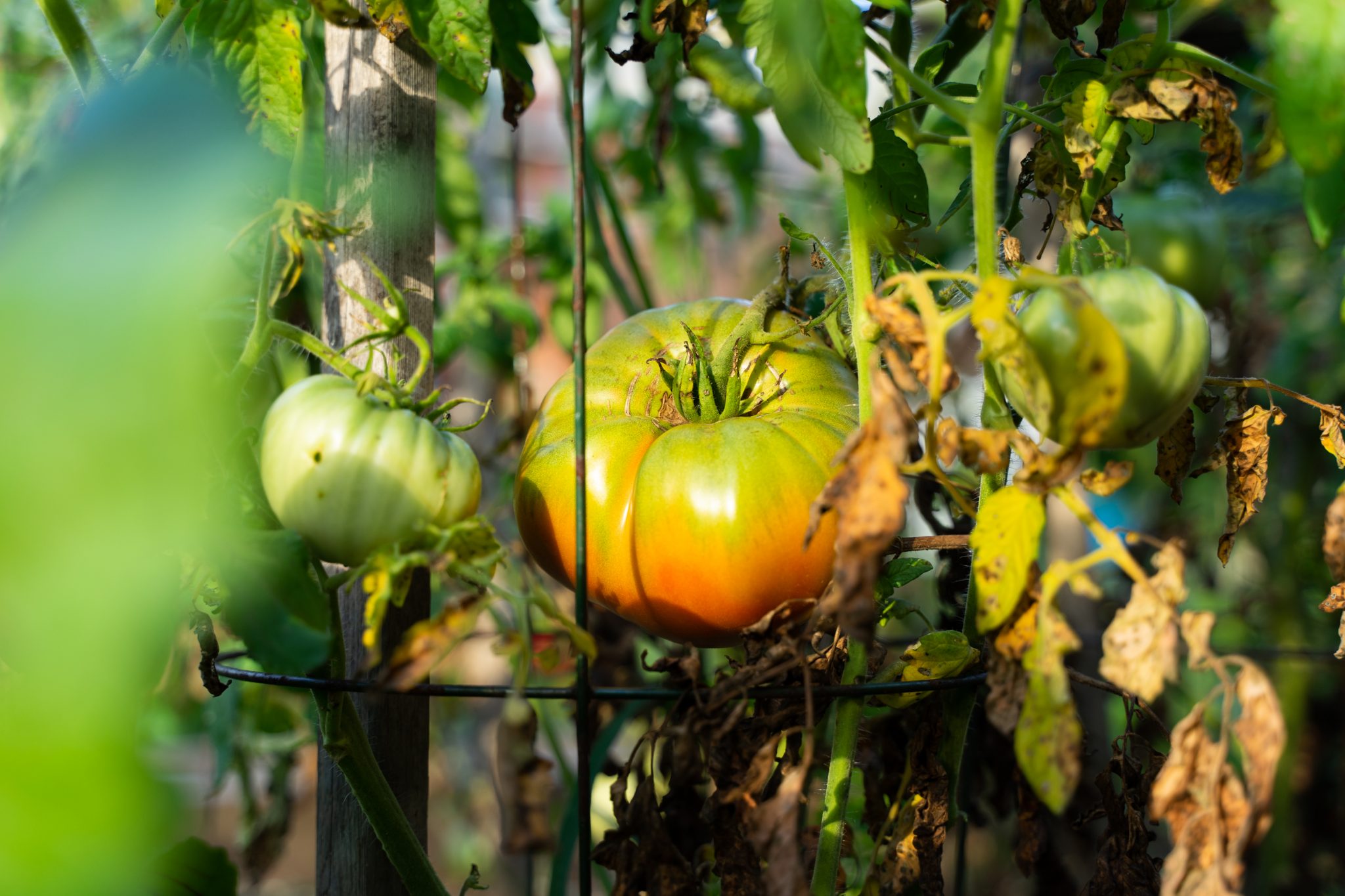COVID-19 has affected the lives of essentially every person worldwide. But, as with any crisis, those who are already vulnerable are hit hardest. One major concern the pandemic poses is how it is affecting those who already lived with hunger and food insecurity. Organizations fighting hunger in Waterloo Region have had to adjust their services to fit the new regulations and adapt to increased demand.
The Food Bank of Waterloo Region has been helping KW citizens for over 30 years. “We’re at the centre of a community food assistance network, working with a hundred different programs throughout Waterloo Region who provide front-line support and services all year round,” said Wendi Campbell, CEO of The Food Bank of Waterloo Region.
Another organization dedicated to food security in the region is Trinity Community Table. They provide hot meals to those in need and also run community garden plots that allow them to serve fresh produce. Last year they served 16,764 meals and 11,000 take away sandwiches to community members in need.
“[Trinity Community Table] was launched in 1992 at Trinity Anglican Church by two parishioners there. These ladies saw a need in the downtown Galt Cambridge community for food, so they started doing exactly that… every Monday, Wednesday, and Friday, we serve a hot, nutritious, and delicious meal,” Shawna Bator, community garden coordinator, social media coordinator and board member of Trinity Community Table said.
House of Friendship is an organization that has been assisting KW citizens since the 1930s. They provide a wide variety of services — housing, outreach programs, addiction treatment, and food. Their food-based programs include emergency food hampers, holiday food hampers and the neighbourhood food program.
The Cambridge Self-Help Food Bank assists citizens of Cambridge and North Dumfries. “We’re not just a food bank. We’re really focused on being the food bank that also offers programs and services and is helping people access fresh, healthy food and make positive lifestyle changes,” Krista Cressman, the executive director of Cambridge Self-Help Food Bank said.
Each of these organizations and others has been greatly impacted by the COVID-19 pandemic.
“It adjusted our operation immediately in the middle of March when we activated our community food systems network pandemic plan. We were fortunate that we did have a plan in place prior to the pandemic … But it had a huge impact on how we deliver service every day, the number of programs that we deliver services to, and our ability to bring staff and volunteers in the building,” Campbell said.
The pandemic has also impacted the operations of Trinity Community Table, and they have partnered with The Food Bank of Waterloo Region to provide food to those in need.
“We are down to two volunteers every Monday, Wednesday, and Friday, and instead of us operating fully out of the kitchen, the bag lunches are being handed through the front door to whoever needs to access that,” Bator said.
“Luckily, through our cooperation with the Waterloo Regional Food Bank, we, [and other organizations], were able to get some pre-packaged units that were going out to help through that hump of the initial two months,” Cressman said.
Although all of these organizations have been able to adjust to the changes, social distancing regulations have impacted the amount of service they are able to provide.
“With COVID-19, the only thing we’ve been able to do is to provide the bag lunches, so people have no access to warmth or the bathrooms as well, which has been quite challenging for a certain percentage of the population who are homeless,” Bator said.
According to The Food Bank of Waterloo Region, they’ve had to do a lot of shifting and changing during this crisis.
“We also implemented a new provision for our community meal programs when kitchens had to shut down and we needed to find alternative food sources to provide for shelter and outreach programs,” Campbell said.
These organizations have also been facing increased demand for their services. Between April 1, and June 30, 2020, The Cambridge Self-Help Food Bank saw a 20 per cent increase in households seeking assistance. In addition, they have served 4487 people in 2020 compared to 2617 in 2019. Although some COVID-19 restrictions are starting to lift, many are concerned that the demand for these services will continue to increase.
Due to regulations, most organizations are unable to take on additional volunteers at the moment, however, monetary and physical donations are encouraged. More information about how to donate can be found on The Food Bank of Waterloo Region, Trinity Community Table and House of Friendship’s websites. Some organizations, such as Cambridge Self-Help Foodbank, are encouraging people to grow their own food to donate.
Local food organizations say that concerned citizens can contribute in the short term to pushing back food security, but they are emphasizing encouraging our community to look towards helping make long-term systemic changes.
Matt Cooper, manager of community food at the House of Friendship, said that the best way to help those in need to is advocate for livable wages, adequate income and affordable housing.
“The next step they can do is to write a letter to their member of Parliament and remind them that this is a big issue, and they have the tools to solve it, [by continuing] the CERB, looking at a guaranteed annual income and investing in affordable housing, as a start.”




Leave a Reply